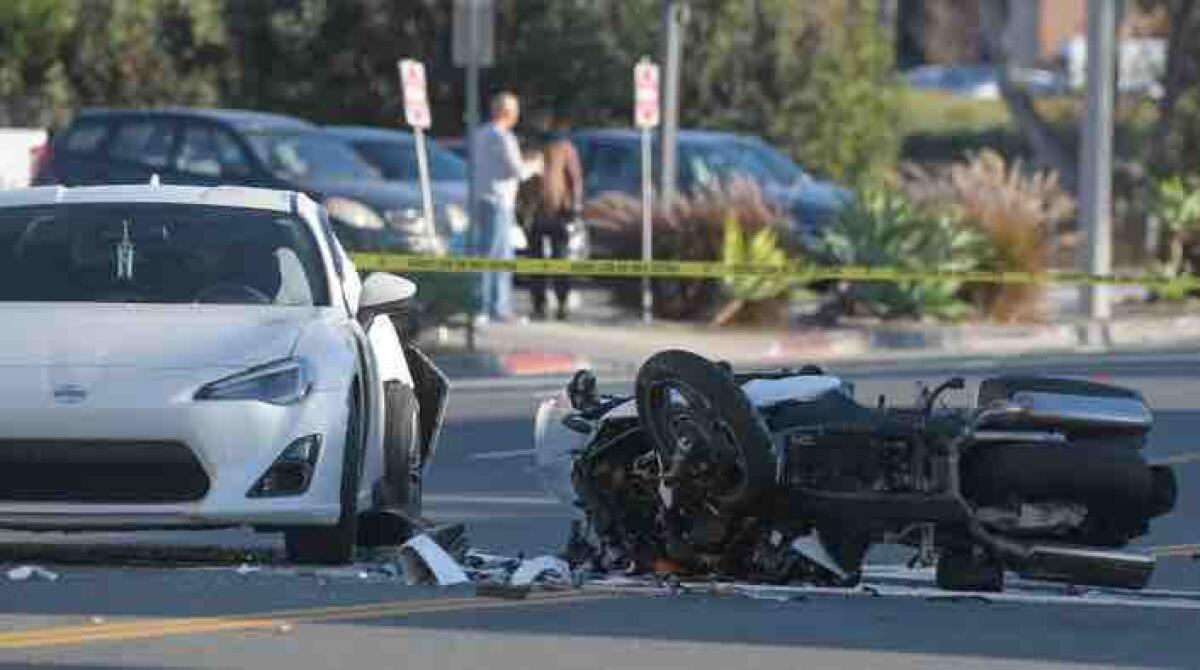For the first occasion in contemporary times, the Metropolitan Police Department of Washington, D.C. has come under direct federal supervision, as National Guard forces started deploying in the capital to enhance security measures. Officials have dispatched around 800 guardsmen under the stipulations of the Home Rule Act, with an exception permitting federal management in times of crisis. The initial control period is set for 30 days, with potential extensions by Congress.
The federal operation is being spearheaded by senior leadership, including the Attorney General and the U.S. Attorney assigned to the jurisdiction. In the early hours of the deployment, multiple arrests were reported and several homeless encampments cleared by officials seeking to assert swift control over public spaces and address what was characterized by federal authorities as an escalating safety crisis.
Despite these high-profile maneuvers, local officials have pushed back strongly, questioning the necessity and legality of the action. The mayor of Washington described the move as “unsettling and unprecedented,” underscoring the city’s limited ability to defend its home rule under current laws. She reiterated that the local police chief remains in operational command of the department, signaling a constrained but determined willingness to cooperate within the confines of the law.
City statistics present a stark difference compared to the federal depiction of the security status in the capital. Generally, violent offenses are noted to be at their lowest point in 30 years, with incidents like car thefts dropping by almost half in the past year. Opponents have criticized the federal action as being driven by political motives, claiming it is an attempt to seize control rather than an authentic effort to ensure public safety.
The city council, civic leaders, and civil rights advocates echoed this sentiment. Statements from municipal lawmakers labeled the action as intrusive, unnecessary, and a manufactured emergency. One councilmember emphasized that local officers, already trained for the job, should lead efforts to maintain public safety—not the National Guard.
Legal experts have noted that the president’s authority over law enforcement in the nation’s capital is unusually expansive, given the District’s federal status. Section 740 of the Home Rule Act grants temporary powers to federal officials in emergencies, but legal observers warn this could be a dangerous precedent if unchecked by further legislative or judicial oversight.
Public reaction has been fierce and polarized. Demonstrators gathered near government buildings, holding signs demanding local autonomy and rallying against what they perceive as an encroachment on civil liberties. Meanwhile, the local police union expressed support for the federalized approach, citing a need for additional resources to combat perceived threats to order.
Beyond domestic unrest, the federal push also includes measures targeting homelessness. Officials signaled that individuals found in public encampments may face arrest or fines unless they accept shelter assistance—a move raising additional concerns from advocates for homeless rights.
This intervention marks a notable escalation in the ongoing tension between federal authority and local government in the nation’s capital. While the federal government asserts ownership over public safety, local leaders and residents frame the move as a worrying step toward normalization of military-style interventions in urban policing.
Cuando el plazo de 30 días se inicia, toda la atención se centra en la capital para observar si la iniciativa logrará restaurar el orden o si se convertirá en un punto crítico en el debate más amplio sobre el equilibrio de poder entre el gobierno federal y local. Este acontecimiento en desarrollo podría establecer claramente los límites de la autoridad ejecutiva en territorios federales y modificar las expectativas sobre el papel de las fuerzas militares en la aplicación de la ley dentro del país.


